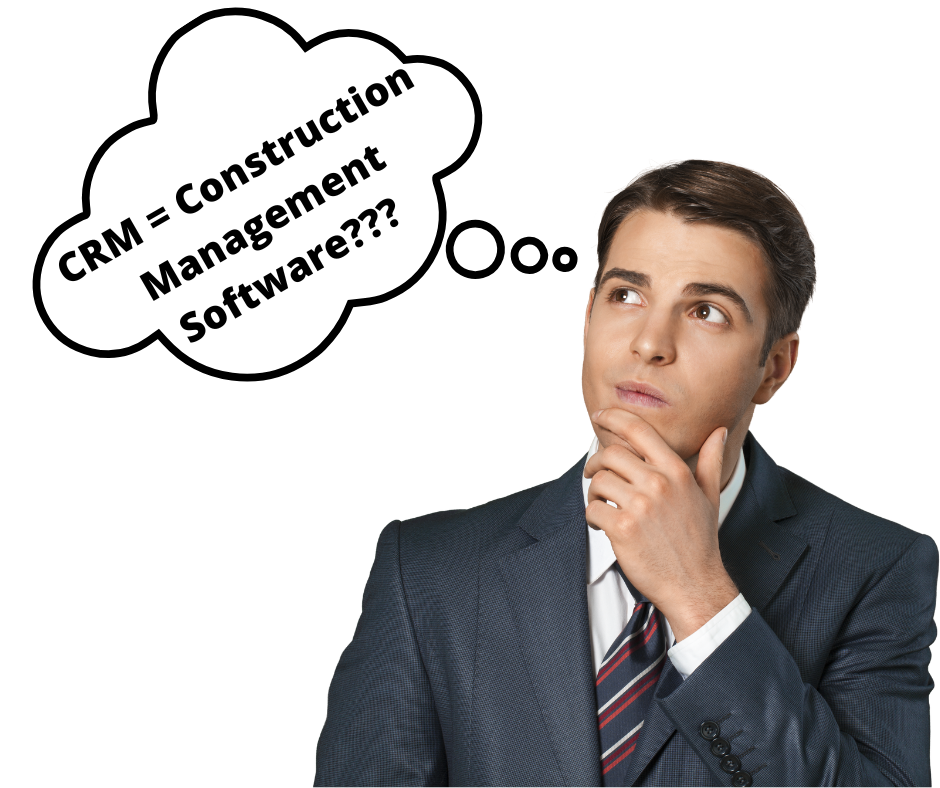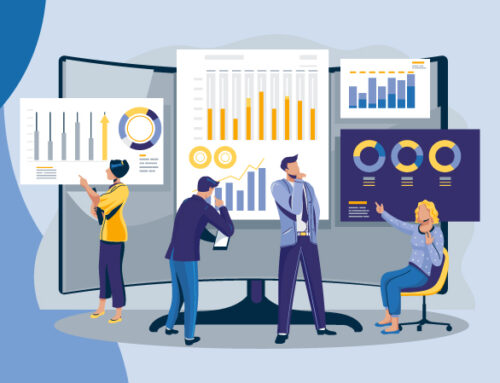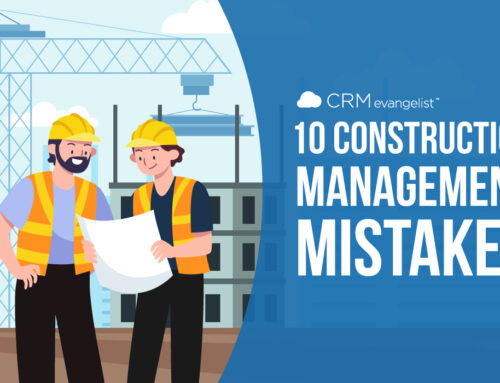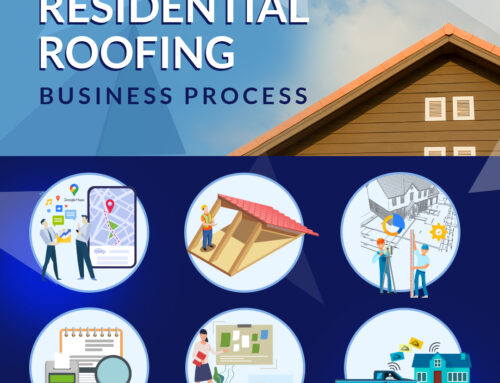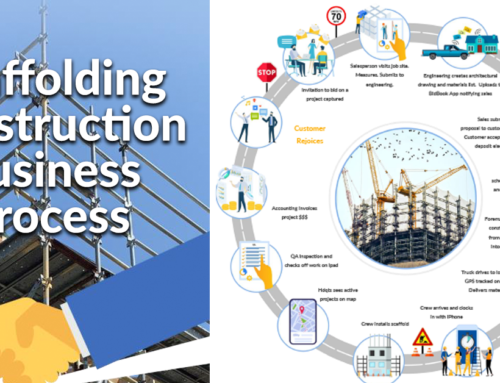Is CRM a Construction Management Software?
Construction Management Software often comes to mind to quite a number of people whenever they encounter the word construction CRM. While CRM is not what Construction Management Software is abbreviated for, it can be directly associated to it in as far as construction business strategies are concerned.
Construction is one fast-paced industry and efficient customer relationship management (CRM) is key to scale one’s business in this field. This is in consideration of varied factors from bid management up to project completion. Before the existence of a construction project management software, CRM for construction primarily has the main purpose of being able to drive corporate performance by centralizing customer-oriented data and processes in a single database. In a way, therefore, construction CRM can be in the form of a construction management software. And while it is possible to manage construction customer relations the traditional way, it’s just more efficient to do so through a contractor CRM software.
The scope of construction project management is vast. Business processes and best practices of every contractor vary alongside workflows and systems set in place. This way, the means of managing customer relations match an ideal software to work around it. To simplify, let’s stick to the concept of construction to define these broad terms.
WHAT CRM IS
1.Helps track information. Pretty much everything in construction is all about information. In a pre-construction business process alone, going through bidding cycles require a lot of information. There are specifications from about one to eight customers, pricing jobs that require costing methods, even the sourcing of materials through the supply chain, and the list just does not end. Customer relationship management (CRM) is a working system that tracks all these information and puts everything in place. What’s the best part about this is that one administrator can be responsible for tracking all the information and make it available for the convenience of an entire team.
